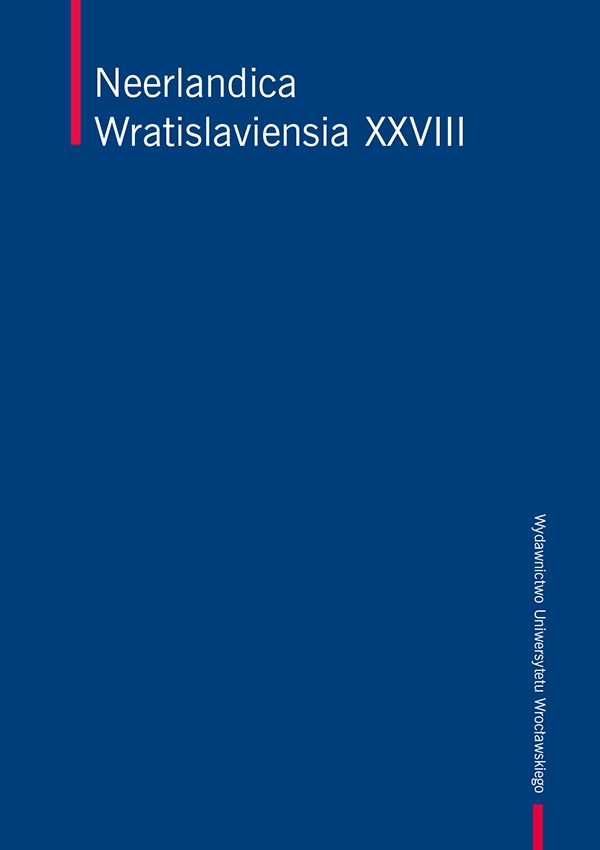

Literatuur & cultuur

The ‘Dutch journey’ and the French vision of the United Provinces in the first half of the seventeenth century
During the reign of the French king Louis XIV, and especially since the Dutch War 1672–1678, the relationship between the Netherlands and France often seemed only a long-lasting conflict, eclipsing the more positive mutual influences. However, during the Dutch Revolt 1568–1648, which led to the creation of the new Republic of the United Provinces, the two countries were close allies, united by a struggle against a common enemy – Spain.
As a result of diplomatic cooperation, French travellers came to discover the young Dutch Republic. Early-modern travellers often kept a journal. From the beginning of the 17th century, such journals were frequently published, giving birth to a distinct literary genre.
The analysis of the French travel writing offers an interesting insight into this new country as well as into the society and civilisation that developed in the Low Lands between 1600 and 1650. Religious coexistence or intellectual activities struck the French observers of the small but powerful Republic they discovered, leaving a vivid trace of the Dutch Golden Age, even beyond the reign of Louis XIV.